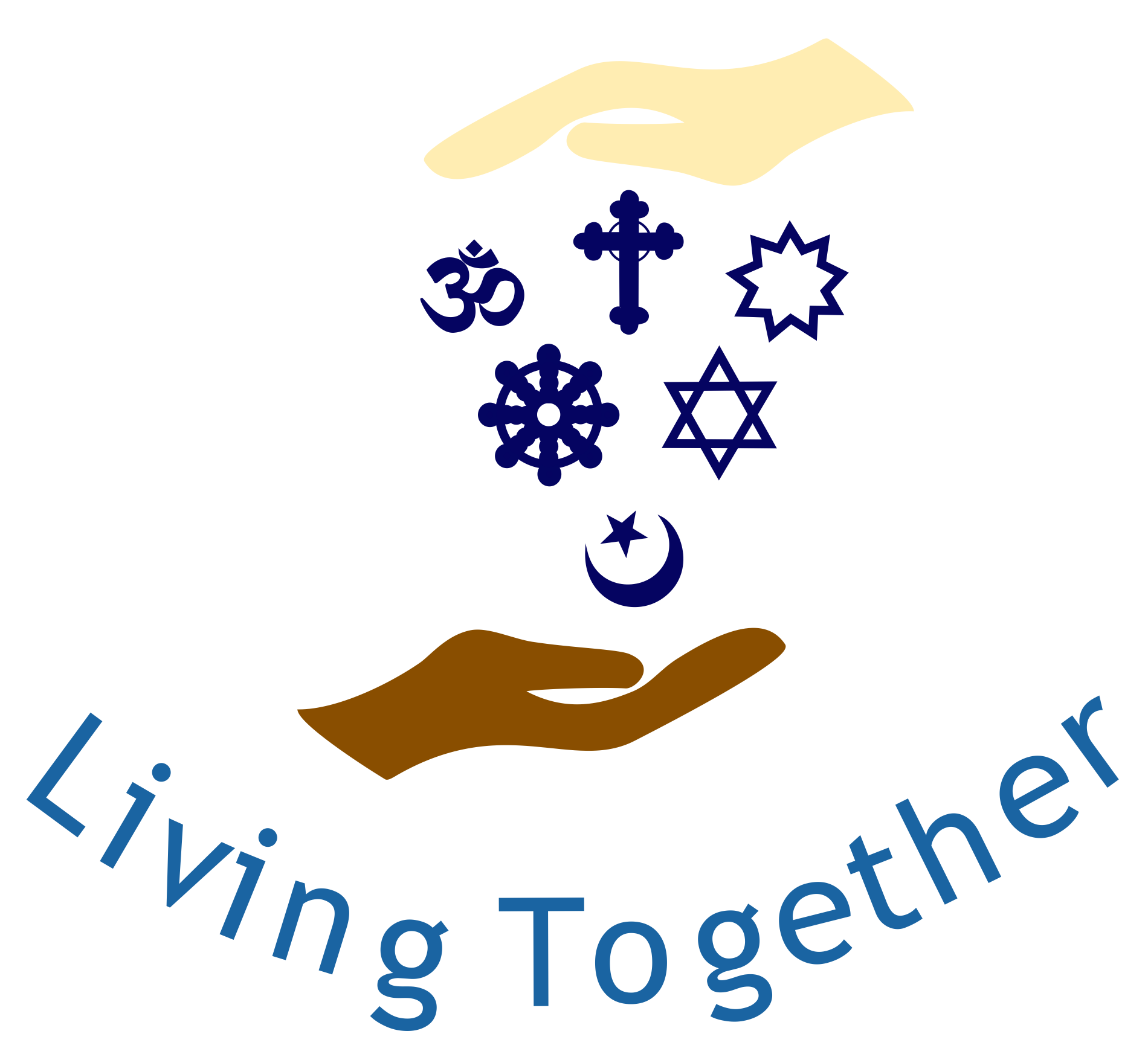Hindu rituals for newborns start before the babies come into the world. A prayer called “Garbhadana” (conception) is recited to the new married couple to help them fulfil their parental duties. The “Punsavana” ceremony (fetus protection) is conducted during the third (3rd) month of pregnancy and is meant to aid the fetus’s powerful physical development. At the seventh (7th) month of pregnancy, another ceremony takes place, which is called “Simantonnyana”. This ceremony is for the fulfilment of the pregnant mother’s wishes for her baby, and is equivalent to the Western “baby shower”. For the mother and baby, there are prayers with an emphasis on the unborn child’s good mental development. Hindus believe a pregnant woman’s mental situation impacts on her unborn baby. The “Jatakarma” ceremony takes place after the birth of the child to welcome child as a new member of the family. During this ceremony, parents put honey on the newborn’s mouth and whisper the name of god into the baby’s ear. Other ceremonies that take place are the “Namakarna” (naming ceremony), the “Nishkarmana” (the baby’s first trip out) and the “Annaprasana” (the baby’s first taste of solid food). Two other important ceremonies are the “Karnavedha” (ear-piercing ceremony) and the “Munda” (first haircut). These two ceremonies are performed irrespective of whether the child is a boy or a girl.


